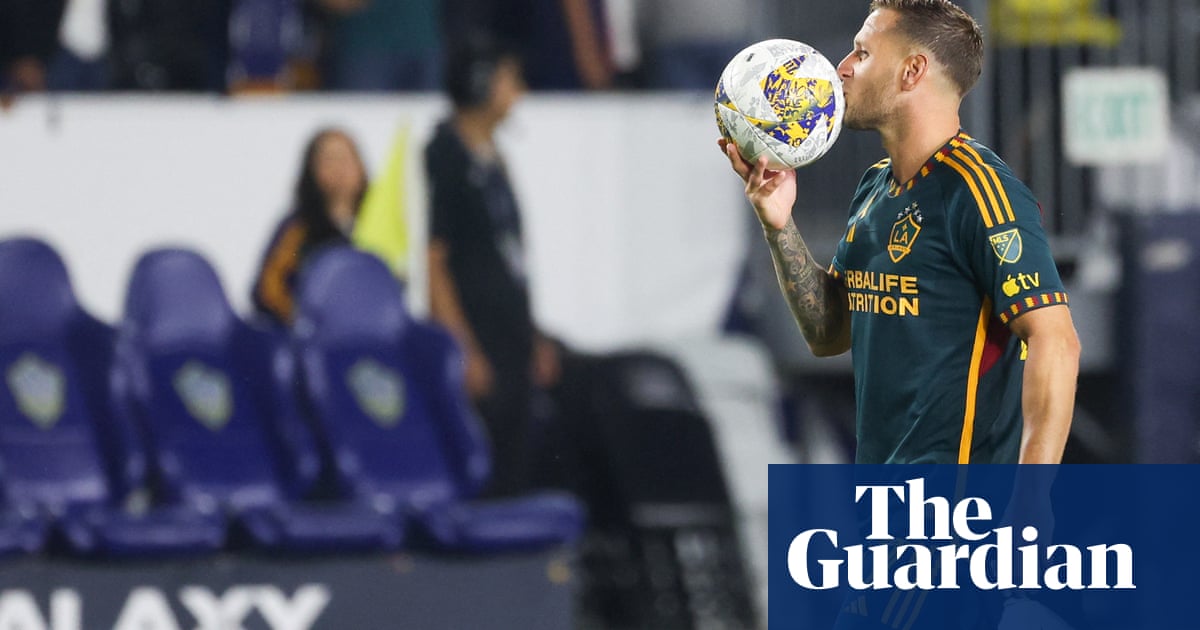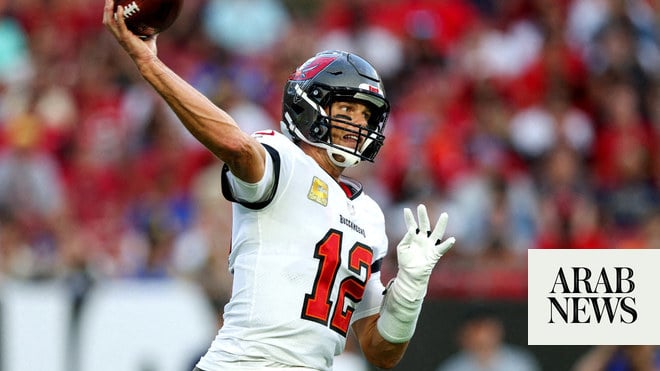
If Blackpool supporters who fought the arduous campaign against Owen Oyston’s toxic ownership ever fantasized about the ideal alternative, they may have imagined a figure not very different from Simon Sadler, a local lad made good and the club’s new owner.
The 49-year-old grew up in Blackpool, was taken to his first match by his father as a boy in 1977 and spent his formative years on Bloomfield Road’s west paddock with Brett Gerrity, whom he met as a teenager when they had summer jobs renting out deckchairs. Through a financial career first in the City then for 20 years in Hong Kong where he runs a hedge fund, Segantii, with $3.5bn under management, Sadler has not lost a note of his accent, and the Tangerines remained an anchor of home.
On an emotional first visit to the club since he bought it from receivers for £10m on 13 June Sadler tries to remain diplomatic and limit himself to describing as “sad” the Oyston tenure, during which he and Gerrity joined the vast majority of fans who observed a four-year boycott of home matches called by the supporters’ trust.
“You can use a whole load of words – it was disgraceful, whatever you want,” he concedes, “but more than anything else it was just really, really sad.”
A high court judge found in November 2017 that after Blackpool’s modern high point, the single 2010‑11 season in the Premier League, the Oystons had “illegitimately stripped” the club of £26.77m while the team and club were drained of investment. That led to the appointment of receivers, Paul Cooper and David Rubin, on behalf of Valeri Belokon, the joint shareholder to whom the Oystons were ordered to pay the same sum, plus his original £4.5m investment in the club.
Sadler, not having to deal directly with the Oystons to buy it and encouraged by Gerrity, now a senior prosecutor with the Crown Prosecution Service in the north-west, resolved to grasp the opportunity.
“There are three parts to it,” he says of becoming his club’s owner. “One is the realization of a childhood dream – although it’s beyond a childhood dream. Two, I think it’s going to be really enjoyable; I really relish the challenge, I want to get stuck in. I’ve proved I can build a hedge fund. I’ve learned an awful lot in my 28-year business career. I’m sure a lot of it is applicable to the world of football.
“Three, there is a civic duty. Somebody had to step up and become the custodian of this club, to make sure that future generations can come here and watch a match, like I did with my dad.”
The rebuilding work will need a minimum further investment of £10m, he says, and he returns repeatedly to the glaring lack of training facilities. While the Oystons built a hotel next to the stadium, the first team have been training for years on two local pitches which do not even have a changing block or any permanent buildings.
“Having been up to the Premiership, it’s just sad to see how little investment appears to have happened, compared to the amount of money that was in the club,” Sadler says. “I think, to take that money out when investment was needed, was … not the right thing to do. Why have a Travelodge and not Championship-class training facilities?”
The money to buy the League One club, which remains confidential but is said to be around £10m, is his own, not the hedge fund’s, he says, and the further investment required will also come from him personally, with no other investors. The manager, Terry McPhillips, who guided the team to 10th place through trying times last season, is to be retained on a new two-year contract and Sadler hopes to finance new signings this summer as a statement that better times are ahead.
Gerrity is a director; Steve Rowland, formerly the supporters’ trust secretary, has been appointed the club’s supporter liaison officer and Tim Fielding, a former trust chair who was sued by the Oystons, is an adviser to the board.
Sadler acknowledges that football is not pure philanthropy and that with the proper investment and stewardship he could make money, particularly if the club reach the Premier League again, but he insists that is not his motivation.
“I don’t want to sound like a messiah but there is a point where I am doing it for the greater good, to put something back,” he says. “Because I grew up here, I enjoyed growing up here, and I left, but I’ve always looked back. Cut me in half and I’m like a stick of Blackpool rock: Blackpool matters to me and this club matters to me. And to have the opportunity to be the person that buys the club and rebuilds it: that’s a great opportunity. But it’s also a great responsibility.”(The Guardian)












